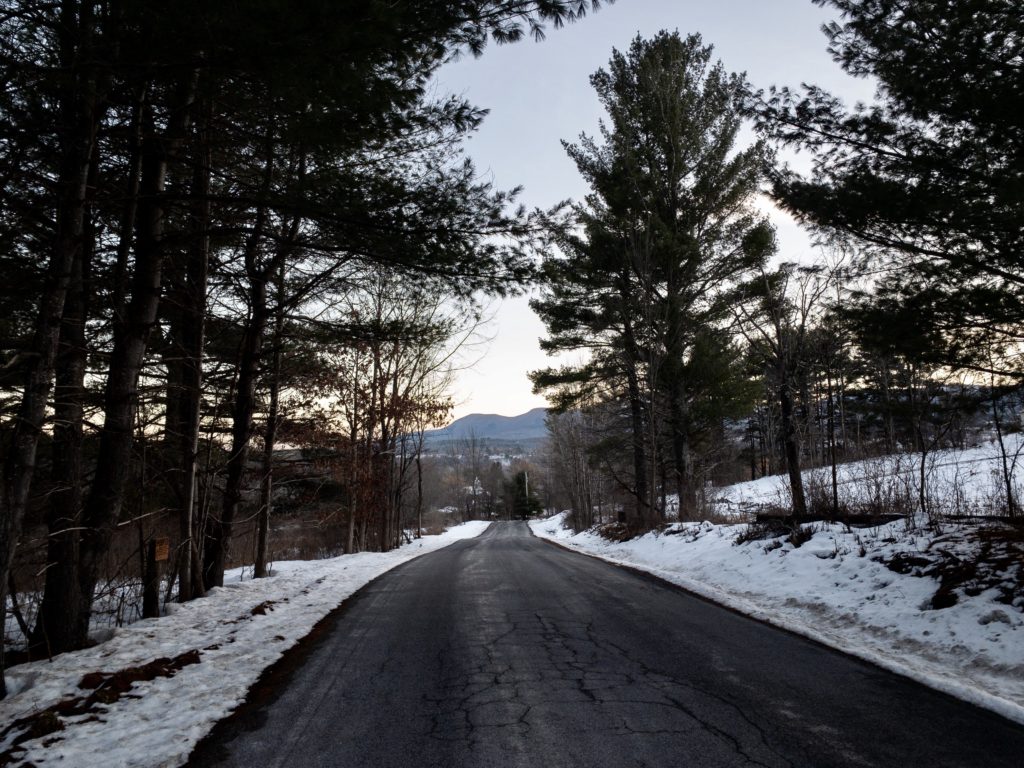
I love to run.
This fact surprises me so much that it took me years even to acknowledge it. For a long time, I made up justifications for doing it, claimed that my runs were serving some higher purpose. My mental health depended on it, or I’d committed to race for a charity and had to train, or it was making me into a better manager of the rest of my life, or it was the only thing standing between me and taking up smoking again.
But at some point I had to admit—to myself, most of all–that I was running for no good reason except that I loved doing it. In all the years I’ve run with any dedication—years in which I’ve logged thousands of runs over maybe 10,000 miles—I can remember only one run that I regretted, and that was because midway through it I’d felt a bone crack in my foot.
I’m not good at running. I’m not cut out for it: I’m clay-footed and heavy-boned, graceless at any speed. I’ve been active and healthy all my life (knock wood), but for the first half of my life I’d do almost anything to avoid running because it hurt too much, and I never failed to humiliate myself when I did it. That miserable kid who had to walk his way to the end of every run in gym class still lives in me now.
But I am serious about it, and I’ve worked hard at it, training for races most of the year. I train and race with great pleasure but without what anyone would call great results. And for that reason I find my efforts puzzling: why do I work so hard at something for which I show so little promise, so little aptitude? All our lives we’re encouraged to make the most of our natural talents, hope that our hearts lie where our skills do. That’s the way to get to be great at something, we’re told. But even if I put every minute of my energy into running, spent all my hours training, stuck to an optimal diet, and got plenty of sleep, I’d still be a mediocre runner.
So at the very basic level of motivation, my love of running mystifies me. But it puzzles me in many other ways as well, and I’ve come to think that those puzzles might be interesting to work out. In the reading I’ve done about running, I’ve seen a lot of talk about goal-setting, about improving health, about discipline and drive and self-overcoming. I’m not immune to those ways of thinking about my running, but—as I suspect it is for most of us who run—my relationship with running is a lot more complex than platitudes about achievement or a new year’s resolution can capture.
For example: some days running seems to me like a kind of artistic practice without a product, or in which the product is my own body, or the seam between my body and mind. Sometimes it takes an almost spiritual cast. Some days running feels like a machine for generating clear thinking. Then again I have days when that feeling of ”clear thinking” seems more akin to the false lucidity of a cheerful drunk, the loudmouth who feels he’s got it all figured out until the liquor wears off.
Some days I’m amazed at how effortlessly my body moves through space, how little I have to think about where to put my foot when I step, the simple fact that I don’t trip and fall every time there’s a change in the pavement. Sometimes—many times—I’m astonished to discover that what felt like an absolute physical limit was nothing of the sort: that I can run faster, or harder, or longer, even though nothing in me believed that I could.
And I also know that the day may come—could come at any moment—when I won’t be able to run anymore. I wonder whether the relationship that running puts me in with my body will survive my ability to be active, or whether I’ll fall apart if my body stops working the way I’m used to. There are so many people who, for one reason or another, cannot run, and I don’t want to forget that fact for a minute: how does their experience of their own bodies in the world condition the ways we able-bodied runners should think about ours?
For me, running has become a portal to all kinds of questions: philosophical, practical, aesthetic, existential. I want to write this newsletter to pose those questions and to explore my experience of running in its full complexity, under the assumption that my questions about it are shared by other runners, too.
And, finally, though I almost always run (quite happily) alone, I love talking to fellow runners, soliciting advice, doling out encouragement, gushing over great runs or griping about bad ones. I love watching friends race, even if they’re far away and I’m only watching them through a rudimentary race tracker: if you’ve got a race coming up, let me know and you can count on me to be cheering you on. I hope we can build some kind of mutually beneficial community through this.
I want to write this newsletter for the very basic reason that anyone in love won’t shut up about it.